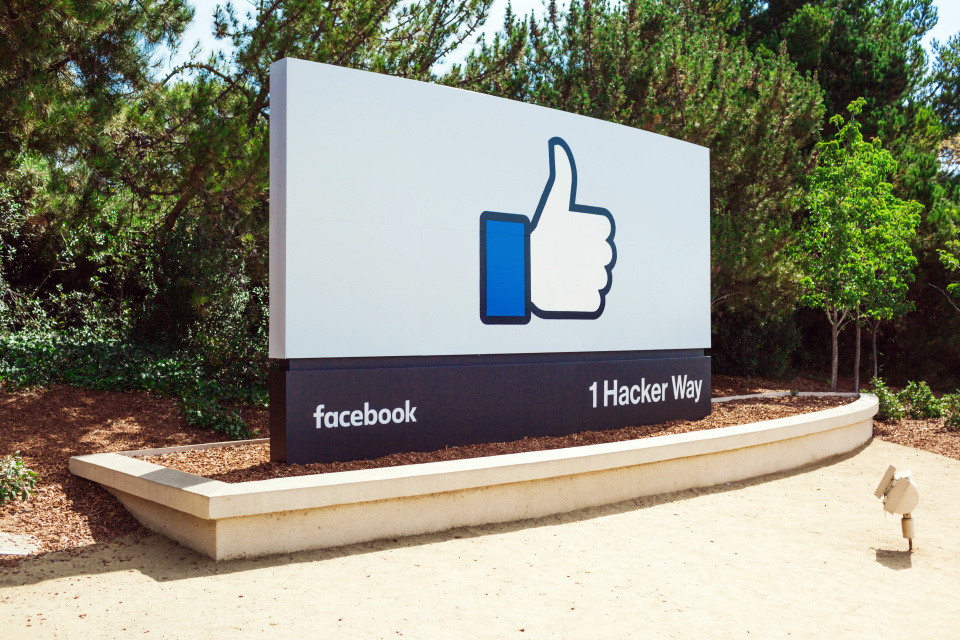Facebook chief executive Mark Zuckerberg has described how he wants the company to become increasingly focused on creating “metaverse” experiences over the next five years.
The term, coined from science fiction, refers to the use of VR technology to create a semi-autonomous virtual world that’s interconnected with physical reality.
Zuckerberg described the concept as an “embodied internet” where “instead of just viewing content – you are in it”, and said it could have benefits for people living far from large urban centres.
He said “metaverse” technology would also allow people to be “engaged more naturally” with technology, rather than living through “small, glowing rectangles”.

‘Natural’ interaction
“That’s not really how people are made to interact,” he told The Verge, referring to mobile phones.
Teleconferences involving “a grid of faces on a screen” are “not how we process things either”, he said.
Zuckerberg said metaverse technology could allow people to experience a concert in 3D after watching it on a mobile phone screen.
“You feel present with other people as if you were in other places, having different experiences that you couldn’t necessarily do on a 2D app or webpage,” he said, giving the examples of dancing or working out.
He also discussed the idea of an “infinite office” that would allow users to create their ideal workplace using VR.
“Instead of just doing this over a phone call, you’ll be able to sit as a hologram on my couch, or I’ll be able to sit as a hologram on your couch, and it’ll actually feel like we’re in the same place, even if we’re in different states or hundreds of miles apart,” he said.
“Flattening out distance creates a lot more opportunities for people,” he added, noting that within five to 10 years “about half” of Facebook itself is likely to be working remotely.
Expansion
Zuckerberg made his remarks following a staff event in late June in which he laid out the strategy to employees.
The plan comes at a time when the US Congress is debating legislation that could force Facebook to divest some of its main acquisitions, such as Instagram or WhatsApp, and limit it in other ways.
Facebook spent $2bn (£1.46bn) on its acquisition of Oculus, which makes popular immersive VR headsets. It recently began testing advertising in some Oculus games.
Since 2019 the company has been testing Facebook Horizon, an invitation-only immersive environment that allows users to interact using cartoon avatars and Oculus headsets.
While current VR technology is “a bit clunky”, Zuckerberg said it could be improved to allow people to work in it all day.
Cross-platform elements
VR is “the technology that delivers the clearest form of presence”, he said.
The term “metaverse” comes from Neal Stephenson’s 1992 novel Snow Crash, where it figures as an immersive computer-generated secondary reality.
Games such as Animal Crossing, Fortnite and Roblox have implemented metaverse-like elements, such as planning concerts and tournaments in which millions of players from around the world can interact with one another.
Ideally, however, a metaverse wouldn’t be controlled by any one company and would be interoperable across VR, AR, PCs, mobile devices and games consoles.
Facebook said in a statement it sees the metaverse in this way and plans to collaborate with other firms, as well as developers and creator communities.




